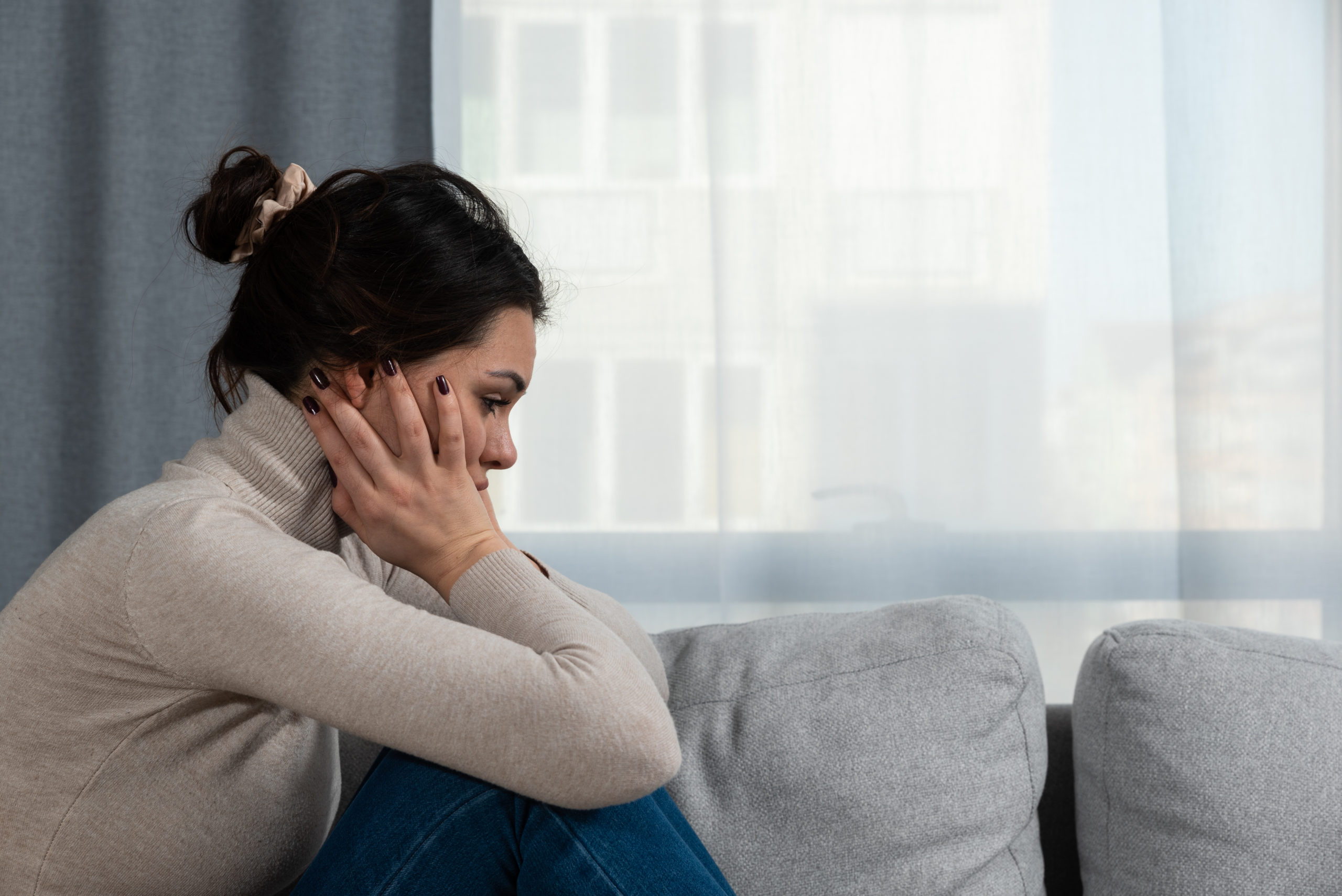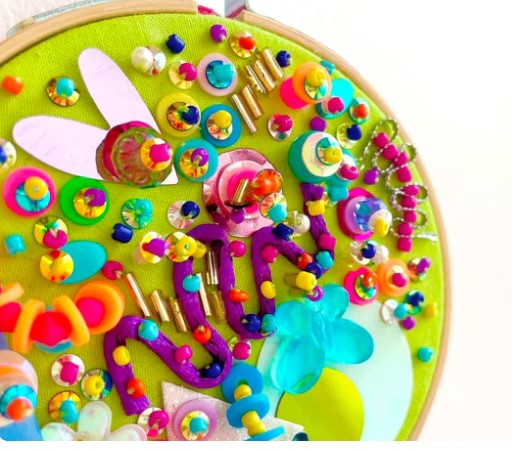S.A.D. about the days getting shorter? Is daylight affecting your mood.
Post Christmas and into January there is plenty of talk about feeling depressed and the dark and gloom affecting our mood, we even have a special ‘blue day’. While there may be reasons, such as financial, political or family problems that can explain low mood one theory that is widely accepted is that the low levels of light leads to Seasonal Affective Disorder (SAD). Surely the most unhelpful name for a condition ever invented!
There seems to be a commonly held belief that SAD is real and it is because of changes in our brain due to reduced daylight. I guess this sounds plausible doesn’t it, after all serotonin levels are thought to be depleted in SAD sufferers during the winter and melatonin production is linked to exposure to sunlight. The trouble is that there is loads of research (Megan Traffanstedt and Dr. LoBello, in collaboration with Dr. Sheila Mehta) which suggests that SAD doesn’t actually exist. Other studies in Norway (The Tromsø Study) support this research, as data showed that there is not a higher rate of SAD in Norway, despite the severely shortened daylight during Norway’s winter.
I’m not saying that peoples feelings aren’t real, but the cause of low mood and depression isn’t necessarily down to reduced sunlight and if you believe that this is the case it makes it very difficult for you to change how you feel. So If it’s not reduced sunlight, then why do people feel unhappy?
One of my clients firmly believed that SAD existed and that it made him depressed and unhappy. I asked him if he always felt this way, at first he answered yes, but when I asked him if there had been any times in the last week when he had felt OK he said “Oh yes Wednesday wasn’t so bad” The thing is Wednesday had been really dull and cold, so I asked him to explain what happened on Wednesday. He said “Well I was feeling really miserable and unhappy, but I got a call from a friend who suggested that we should go out on Friday for dinner and that cheered me up” So let’s think about that for a minute. My client was sitting in his room feeling unhappy and then he spoke to a friend and he felt better. He was still in the same room, the weather and the sunlight hadn’t changed, but he felt better so what was different? The answer is he was thinking differently. Nothing else had changed except his thoughts. Instead of brooding about how the dull miserable weather was making him unhappy he was thinking nice happy thoughts about going out with his friend on Friday.
My client now understands that if he controls his thoughts and beliefs about himself he can control how he feels. He no longer has the unhelpful belief that the sunlight or dark days control his moods and as a result he feels more in control and more empowered.
Of course for some people it is harder to face a reality that if SAD doesn’t stand up to scientific scruntiny they may have to tackle their own thoughts and feelings and find ways to overcome this belief, it can be a long journey but seeking proactive help such as cognitive behavourial methods can be very effective but like all major changes in health, need effort and commitment.
The great news is that when we examine our unhelpful beliefs and look for evidence to support or deny them, it affects other areas of our life in a positive way as well. When we create helpful beliefs based on evidence we no longer think that life is happening to us, we we have the skills and resources to be in control, we feel more confident and happy.
5 things to improve your mood right now
- All exercise has been proven to improve mood. Put on music, jump around or sing loudly.
- Go outside, science shows that exposure to light during the day helps with sleep which helps with mood. Practice noticing things, a bird, a squirrel, a nod hello from a stranger and look up not down.
- Help others. Volunteering and helping other people has been shown to improve our own wellbeing.
- Make the effort to meet people, it might be hard at first but it will help, see 50 clubs to join
- Finally notice your thoughts and whether your self-talk is telling you how bad everything is! If someone repeats that (even you) every day it will have a negative effect.
Adapted from an original article by Garry Higgins, Thrive Consultant.











